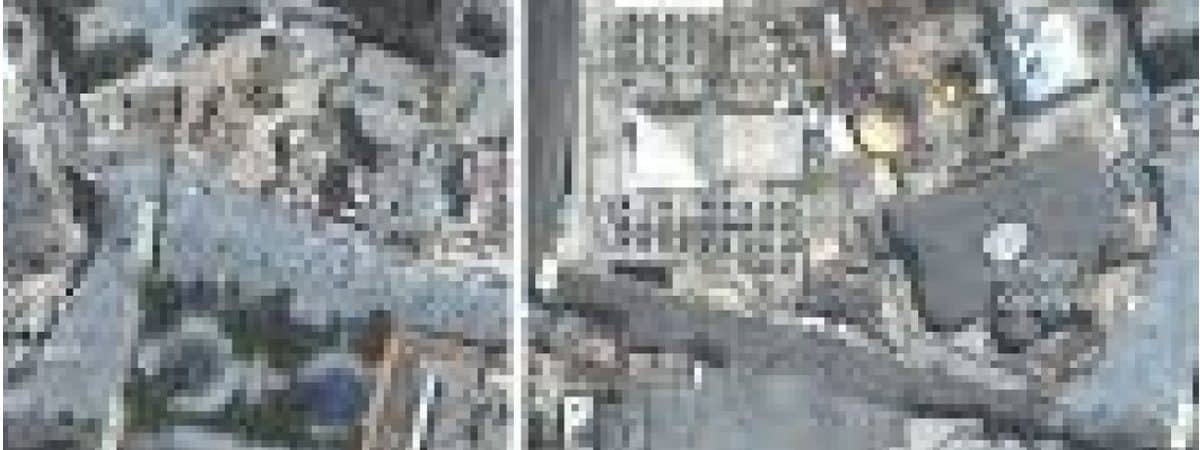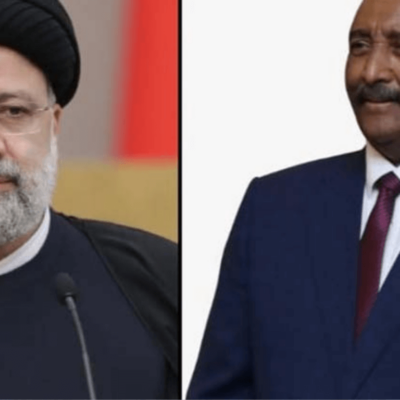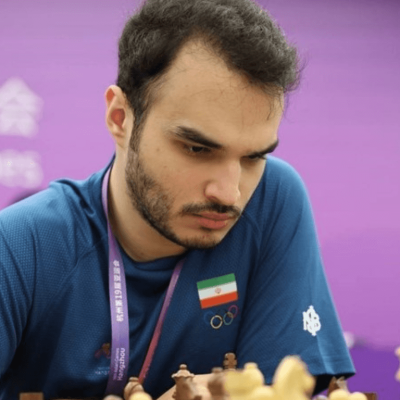Satellite images reveal Iran’s massive graves built for coronavirus victims

Iran is the third worst hit nations with coronavirus outbreak after China and Italy. The Islamic Republic has so far reported about 10,075 confirmed coronavirus cases and 429 deaths. The virus has also taken down few of the top Iranian officials, as earlier the state authorities confirmed that 23 members of the country’s 290-member parliament had tested positive. Out of that, two members have died.
Amid the growing fear of covid-19 pandemic, an ugly side of the state healthcare failure got revealed through satellite images shared by Maxar Technologies. The images, from March 1 and March 8, reveal an increase in the number of trenches inside the Behesht-e Masoumeh cemetery in Qom, one of the worst hit cities of Iran. The images of mass graves show the speeding up of the excavation, revealing how a new section in a cemetery on the northern fringe of Iran’s holy city was built in less than a week. The images show what looks like two freshly dug trenches of graves on March 1, with more excavation from that day onward.
The images uncovered the lie put out by state authorities in an attempt to conceal the actual extent of the outbreak.
Ironically, the deputy health minister, Iraj Harirchi, who held a press conference to “categorically deny” the allegations regarding lying over the scale of epidemic, himself appeared unwell. The following day, Harirchi confirmed that he had tested positive for the Covid-19 virus.
Iran has issued national shutdown, putting ban on all the public gatherings, including gatherings at mosques for Friday prayers.
The state-run Iranian news agency, IRNA released a statement saying, “Due to the spread of coronavirus and strict recommendations given by health officials and specialists to avoid any form of gathering and refrain from traveling and getting out of cities to prevent spread of the disease, the Leader’s speech ceremony … will not be held this year.”
Dr. Amir Afkhami, an associate professor at George Washington University who holds expertise in history of Iran’s experience of cholera epidemics, said that the mass graves hint that the real mortality figures would be much higher than the official figure.
He added that China being one of the closet trading partners of Iran, the government did not act on time to put a travel ban fearing putting its partnership at stake.
“Because of China’s status as the country’s principal commercial partner, the Iranian government took inadequate cautionary measures to restrict and monitor travelers from China,” Dr Afkhami said. “Then, later on, Tehran’s lack of transparency and unwillingness to take robust measures such as social distancing and quarantine, particularly at the epicenter of the outbreak, helped spread the virus.”
Iran declined US president Donald Trump’s offer to help the nation with medical assistance, calling it “hypocritical” and “repulsive”.
Iranian Foreign Ministry spokesman Abbas Mousavi told state-run Press TV that Iran declined Mr. Trump’s offer, calling US imposed sanctions on Iran as “economic and medical terrorism”.
Mousavi said, “Instead of hypocritical displays of compassion and repulsive bragging, you should end your economic and medical terrorism so that medicine and medical supplies can reach medical staff and the Iranian people.”
“We do not need American doctors,” Mousavi said adding that Iran has “the best, bravest and most component medical staff in the world.”



